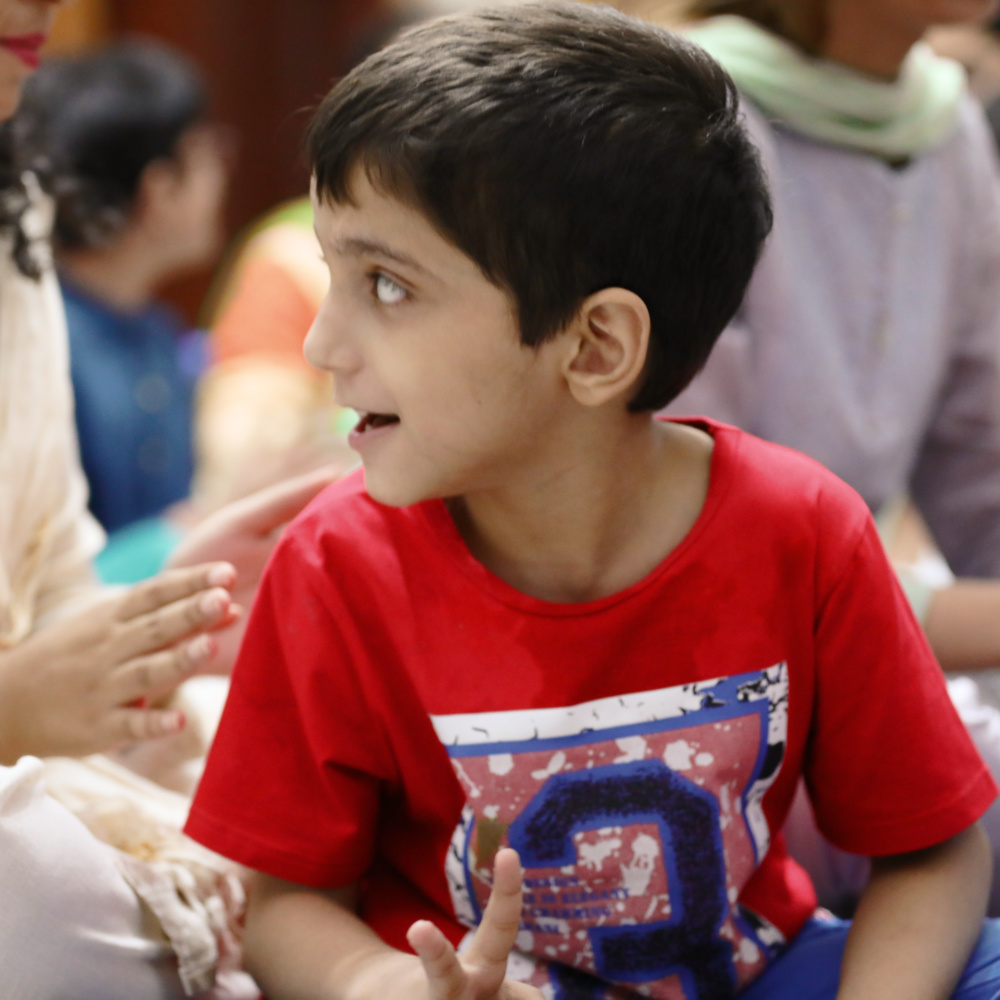Sadia Atif, Clinical Psychologist and Registered Behaviour Technician, talks about Group therapies and One-to-one therapies. She discusses in detail how both type of therapies serve different purposes.
Autism cannot be completed treated or cured. People with autism remain on the spectrum their entire lives. However, they can learn to manage their disorder and learn to overcome their weaknesses. The amount of improvement people with autism see depends greatly on the severity of the condition, the time of detection and the support provided by not only doctors, but also family members and caregivers.
Early intervention is an important aspect of autism treatment. Early intervention treatment focuses on children under 3 years of age and helps them learn important skills affected by autism including learning, behaviour and communication.
There are several treatment areas for individuals with autism:
Behavioral Treatments
These are the most common and help autistic individuals with key behaviours like learning, speech, social interactions, focus and sensory integration.
Medication
Medication does not cure autism directly but helps with symptoms that affect daily life like attention, sensitivity and mental health problems that accompany autism.
Dietary
Autism can affect your child’s eating habits in different ways. Food sensitivities, meltdowns at mealtime, or ritualistic behaviours towards food can all contribute towards your child developing nutritional deficiencies.
Find out more about treatments for autism by heading to sections for dedicated children and adults.


